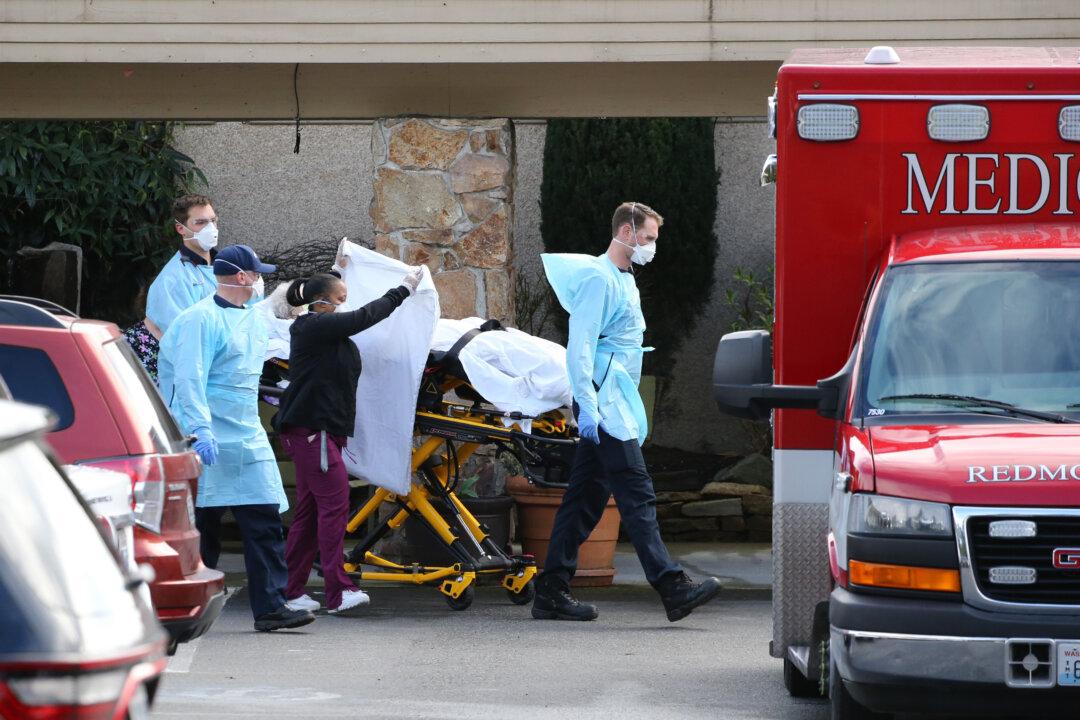The number of coronavirus-linked deaths in the United States grew to at least 21 on March 8 as authorities said the risk of Americans contracting the virus “remains low.”
Of the 21 deaths, the majority have occurred in Washington state, which reported a total of 18 fatalities; Florida has reported two deaths, while California has reported one, as of press time. In recent days, Kansas, Missouri, and the District of Columbia announced their first cases of the virus.





